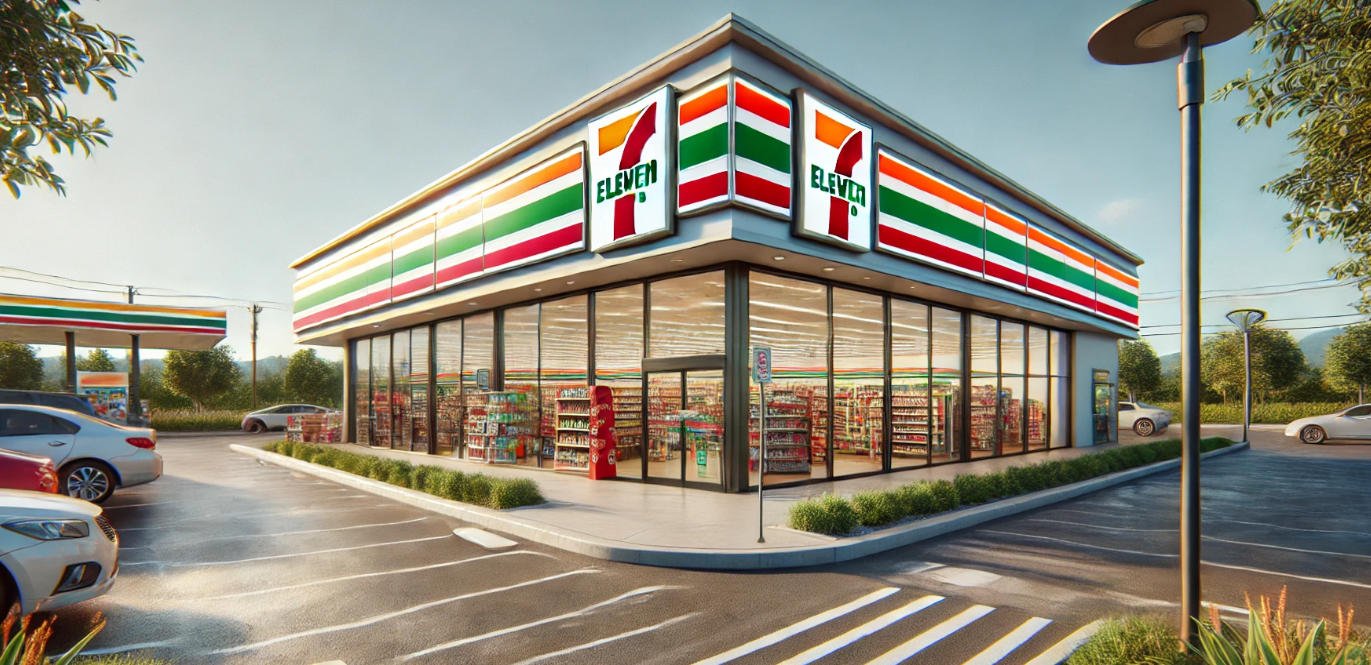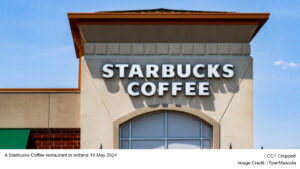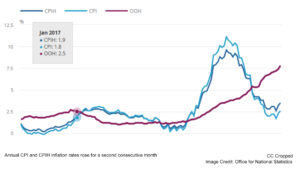7-Eleven, a leading convenience store chain, has announced plans to close 444 stores across North America as part of a strategic response to current economic challenges. This decision, revealed during an earnings call by its Tokyo-based parent company Seven & I Holdings, reflects the company’s efforts to address declining store traffic, inflationary pressures, and shifting consumer habits.
- Store Closures: 7-Eleven plans to close 444 stores in North America (3% of its total locations) as a response to economic pressures, declining foot traffic, and shifting consumer habits.
- Economic Impact: Factors such as inflation, high interest rates, and a challenging job market have led to a 7.3% drop in customer traffic, particularly affecting low-income shoppers.
- Decline in Cigarette Sales: 7-Eleven reported a 26% decline in cigarette sales since 2019, driven by a shift towards alternative nicotine products like Zyn.
- Strategic Focus: The company aims to grow by expanding its fresh food and beverage offerings, targeting higher-demand locations, and optimizing its portfolio amid potential acquisition talks with Alimentation Couche-Tard.
The closures, which represent about 3% of 7-Eleven’s total locations in the U.S. and Canada, are primarily aimed at underperforming stores. According to a report from NPR, the chain has experienced a notable decline in customer traffic, with a 7.3% drop in August alone. Several factors, including inflation, high interest rates, and a challenging job market, have contributed to this decrease, particularly affecting low-income consumers who are adjusting their spending habits.
In addition to dwindling foot traffic, 7-Eleven has also faced a significant downturn in cigarette sales—a traditional staple for many convenience stores. The company reported a 26% decline in cigarette sales since 2019, reaching an 80-year low. This trend is attributed to a growing preference for alternative nicotine products, such as Zyn, among consumers.
In response to these challenges, 7-Eleven is shifting its focus towards expanding its fresh food and specialty beverage offerings. The company recognizes the increasing demand for affordable, high-quality meal options and aims to cater to consumers seeking convenient yet cost-effective choices. By investing in higher-demand locations and optimizing its store portfolio, 7-Eleven hopes to enhance its competitive edge and improve customer satisfaction.
The announcement of these store closures comes amid speculation about a potential acquisition by Canadian company Alimentation Couche-Tard, the owner of Circle-K. Should this takeover occur, Couche-Tard would become the largest convenience store operator globally, further intensifying competition in the sector.
7-Eleven’s strategic realignment underscores the broader challenges facing the convenience store industry as it navigates changing consumer preferences and economic uncertainties. By focusing on innovation and adapting to market trends, 7-Eleven aims to strengthen its position and continue delivering value to its customers.
Overall, while the closure of 444 stores represents a notable shift for 7-Eleven, it also signifies the company’s commitment to evolving its business model and meeting the needs of today’s consumers. As the industry continues to transform, 7-Eleven’s proactive approach may serve as a blueprint for other retailers facing similar challenges.







Be First to Comment